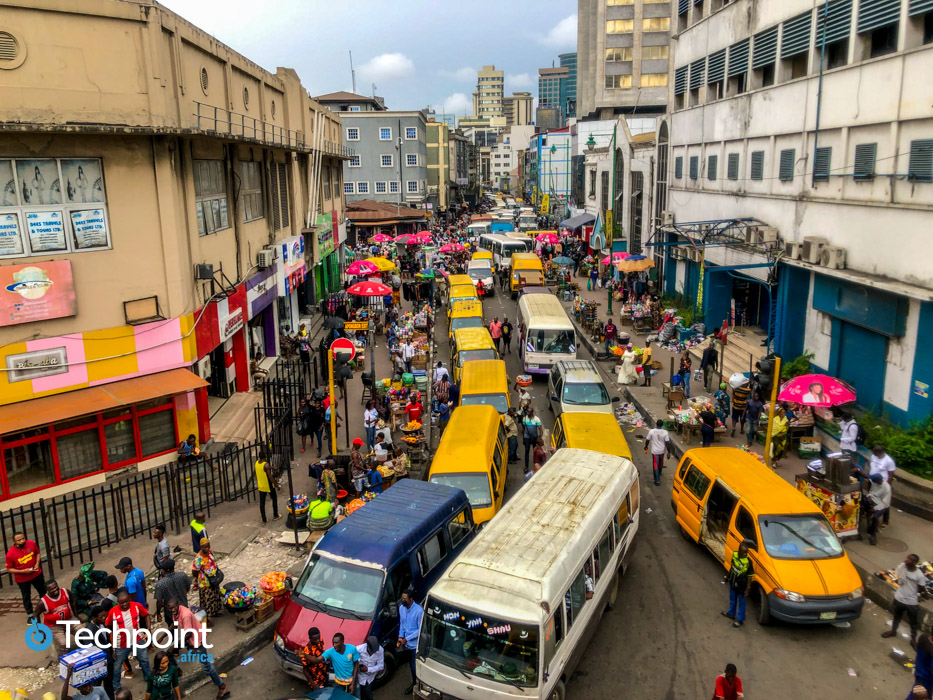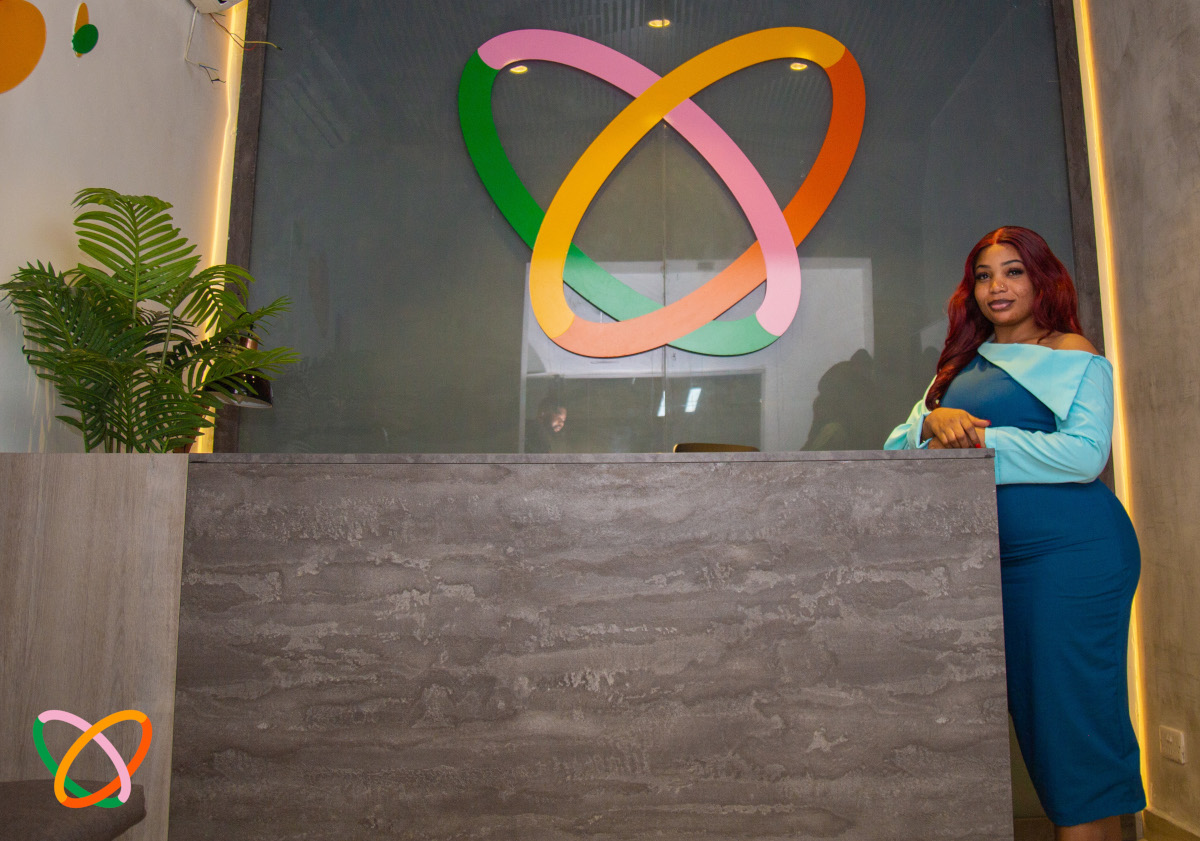On the morning of Saturday, February 11, 2023, I set out to test the possibility of making it through a day in Lagos without spending cash.
If your first guess is that it would be impossible, then you’re right. However, I think a lot can be learnt from people’s reasons for distrusting electronic transactions.
My first encounter was with a commercial bike rider. I asked him if he’d accept a bank transfer as payment, but he declined. I assumed it was because he didn’t have a bank account, but I was surprised to learn he has three.
He cited his lost SIM card — linked to his three accounts — and his inability to confirm my transfer as his first reason for saying no.
The second reason, probably true, was that bank transfers were unreliable, and “there could be a reversal, ” he said.
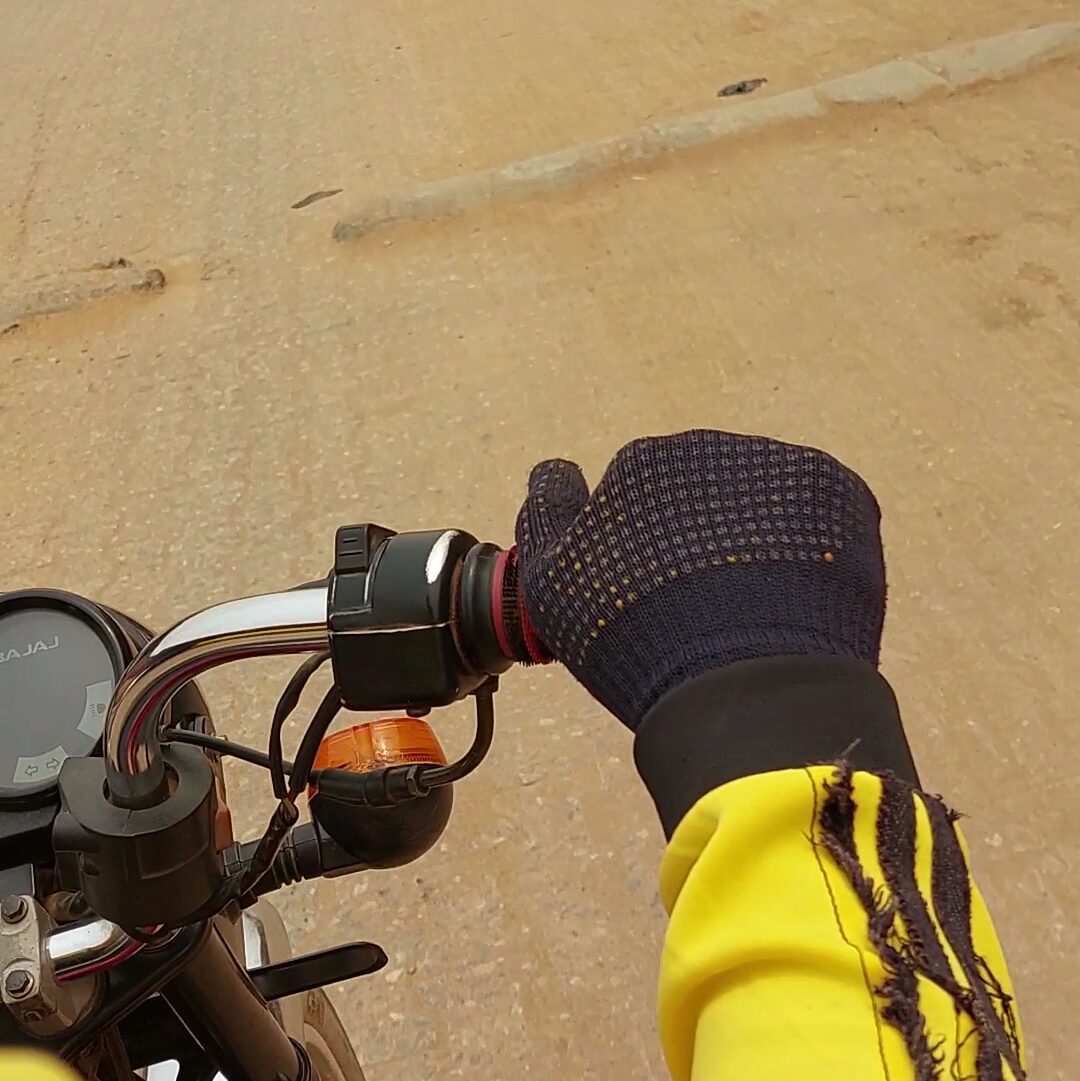
Interestingly, he firmly believes a cashless system is the way to go. “Why should we be carrying cash around? Oyinbo people don’t do that; it’s not even safe,” he said.
He felt that in a digital age, there should be numerous payment options besides cash.
As I got off the bike, he told me I could find buses whose conductors would accept transfers or card payments. It sounded interesting, so I went to the nearest bus stop hoping to find such a bus.
Unsurprisingly, the conductor of the first bus I entered ignored me when I brought up the bank transfer option. And the look on his face was enough to dissuade me from repeating myself.
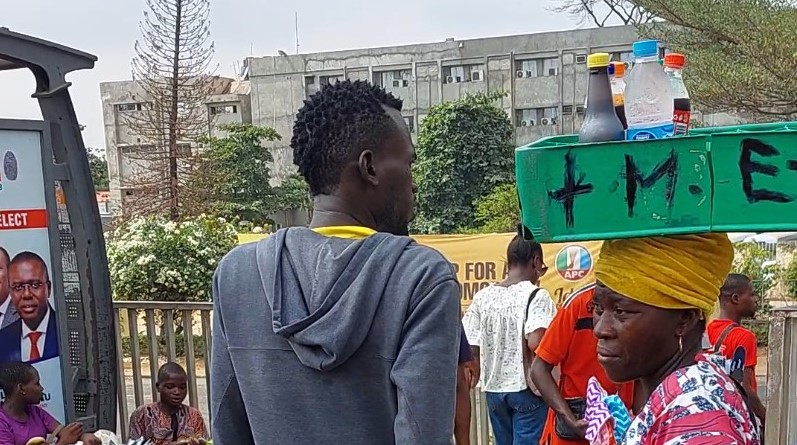
Since road transport workers only wanted cash payments, I tried roadside sellers and market women, with slightly varying results. Most of them said they would consider card payments or transfers, but they either didn’t have a bank account, or their phones were faulty. Some people in the market grudgingly accepted transfers.
I met a bus driver who said he’d accept a transfer if I added ₦400 ($0.5 black market rate) to my bus fare because turning my fare into cash would be very expensive for him.
Though he seemed to be jesting, a passenger asked for his account number but didn’t go ahead with the payment because the extra charge was more than her fare.
Before I left home to test the possibility of using transfers for all my payments in Lagos that day, I assumed that most people would think it odd that I’d even suggest it. However, the dominant reaction to my digital payment offer was mostly reluctance.
I guess it felt like a stressful alternative when they could collect cash.
A week after my little experiment, a market opposite Berger bus stop was filled with traders eager to accept bank transfers. Their cash-only stance weakened when customers repeatedly asked for that form of payment. One of the traders in the market said, “When there’s no money, what will we do?”
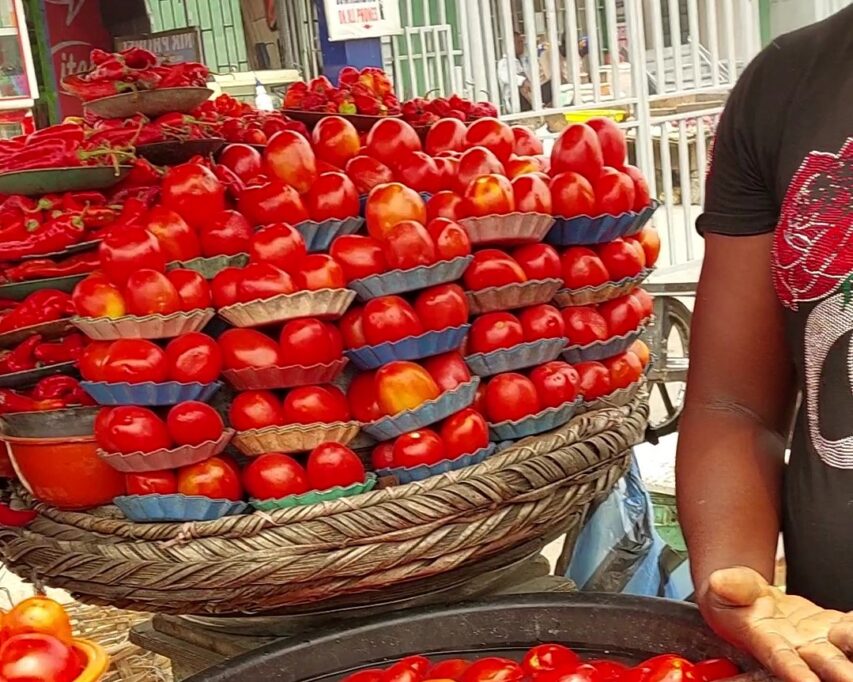
However, bank transfers were only allowed for purchases above ₦600.
Market men and women now have to keep a ledger of names and phone numbers of customers who pay with bank transfers.
Road transport workers, on the other hand, didn’t compromise their cash-only stand. It is hard to imagine bus conductors taking down the names and phone numbers of passengers.
Will the scarcity of cash lead to more people embracing digital payments?
For a moment, I thought the cash shortage could lead to bank transfers becoming a regular thing in Nigerian markets and, perhaps, public buses.
However, that does not seem to be the case, as bank transfers can be stressful and frustrating.
I encountered issues ranging from my bank app not opening to long wait times for sellers to confirm my payment to fund reversals.
On two occasions, I had to return everything I bought because my bank app or USSD code won’t work. These issues frustrate buyers just as much as the sellers.
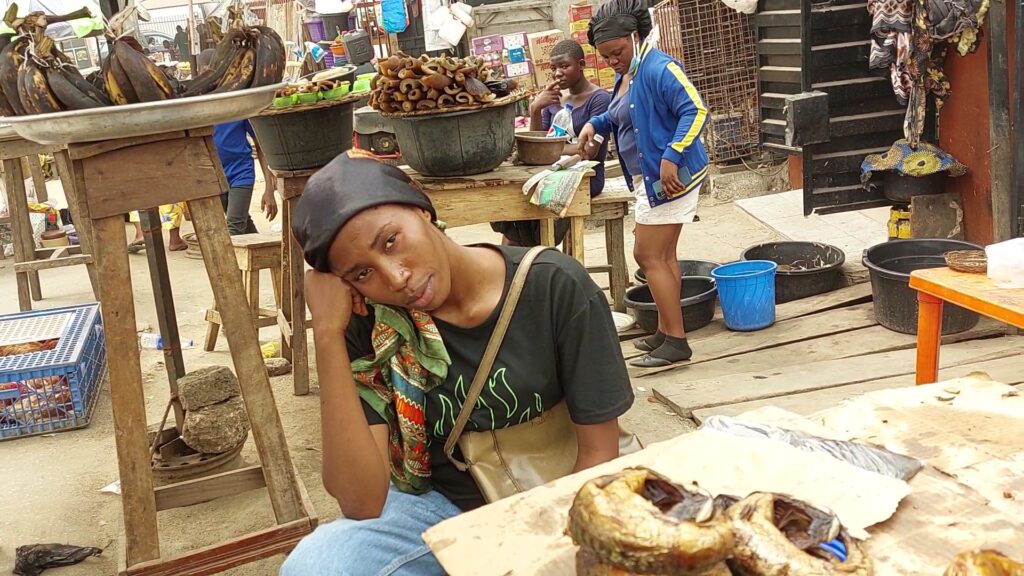
What is the success rate of bank transfers in Nigeria?
Although these food sellers have agreed to take electronic payments, they would go back to cash in a heartbeat if they had the option because transfers are risky and make an already difficult job harder.
Illiterate sellers have to co-opt their literate children to confirm payments and make a list of customers who pay with bank transfers. This is important as they do not want customers waiting until their payments are confirmed.
But maybe there is an overreaction about the success rate of bank transfers in Nigeria.
Per Statista, the success rate of bank transfers between September and October 2020 was 99%.
A plantain seller handed me a piece of paper with her account details, and even before I told her I didn’t have cash, she said transfers had been mostly successful. When she couldn’t confirm transfers, she took the customers’ details.
Another trader she’d had no issues since the scarcity of cash hit. She only called a customer once to get her money after their payment was reversed.
However, success rate is different from speed. In 2022, the House of Representatives asked the Central Bank of Nigeria (CBN) to address delays arising from instant (Inter-Bank) electronic funds transfer services in Nigeria. The House reportedly wanted the issue resolved because of bank customers who might need it in emergencies.
For cashless transactions to work in Nigeria, they need to match the speed of cash, and perhaps there’s already a solution to that.
Making a case for contactless payments in Nigeria
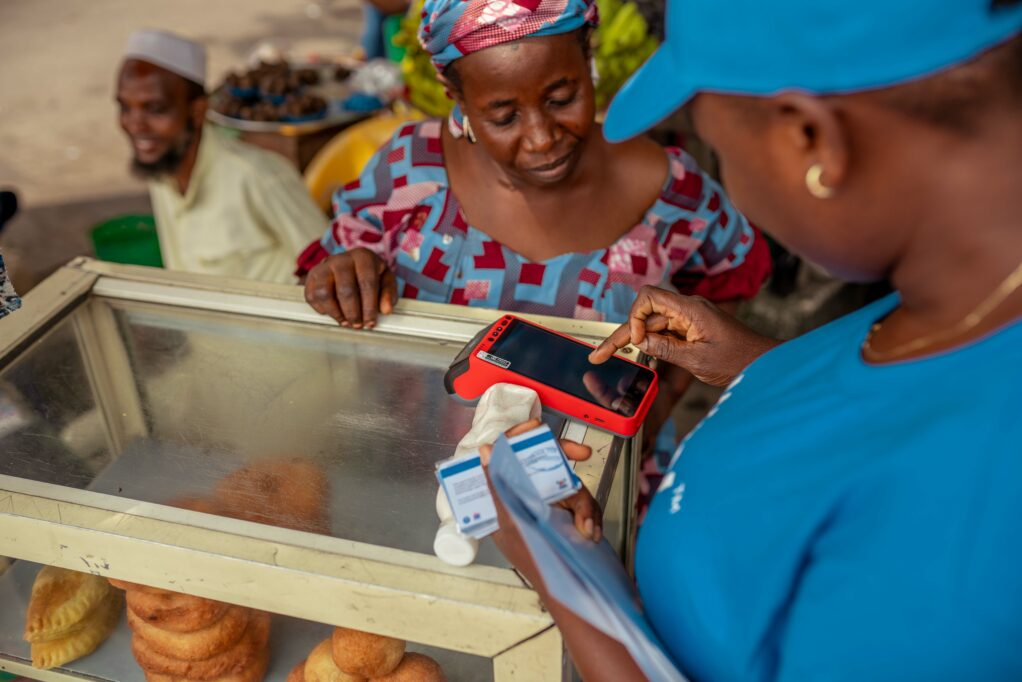
In my conversation with the Touch and Pay (TAP) Founders, Micheal Oluwole and Olamide Afolabi, they said they built the contactless payment solution because it mimics cash transactions.
Unsuprisingly, the only cashless payment I could make on public transport was on a BRT bus. All it took was one tap, and I’d paid the ₦70 fare for my trip from Oshodi to Cele.
Like cash, it is instant and works offline.
Over 1.5 million Lagosians already use TAP’s Cowry cards to pay for BRT rides, a joint venture transport system between private investors and the Lagos State Government. The company has also rolled its payment solution to some personal bus drivers known as Lagos’ yellow buses.
While I couldn’t find yellow buses that received payment with Cowry cards, Oluwole assured me they exist.
Can we use contactless payments for everyday transactions?
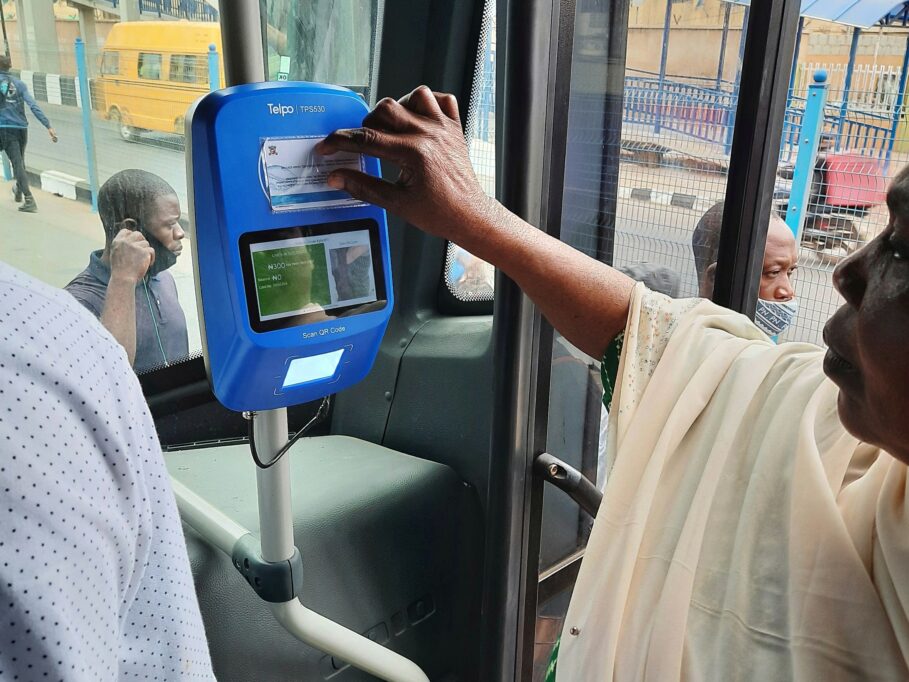
If contactless payment is the closest thing to cash transactions, could it be the solution to the CBN’s failed attempts at going cashless?
In my conversation with Oluwole, he said he has never been more sure of TAP’s solution than he is now.
“Today, merchants want a solution that has the characteristics of cash. If it does not have the entire characteristics of cash [instant and offline], can I have a solution that the customer will bring to me that will make me part ways with the goods and services that I have, but I’ll have instant assurance that I’ll get my money?”
Oluwole revealed that TAP is already carrying out tests with the possibility of using contactless payments at filling stations and even restaurants, and the results have been great.
“We’re having a lot of merchants onboarding as we speak. We are putting together a strategy to onboard more merchants that accept this means of payment.
“We did an experiment. We went to ten fuelling stations with long queues and told the customers that the POS machine was down and transfers were not going through. People were eager to know what other payment option was there
“We had an agent stand by the pump, and everybody just tapped their Cowry card with that agent. It was faster. No one was looking for change or waiting for transactions. Everybody on the queue bought the card, while some downloaded the app and scanned to pay.
“It was then it dawned on me that, if you are taking away cash at that point of exchange, both the merchant and the customer are asking, what else can I use that is as reliable as cash?
“Not every merchant will have a POS machine; not everyone will have network, but can you give them a solution that is very cheap?
He said the merchants only need to pay an 8% access fee to utilise the payment technology. Some choose to pass on the cost to customers, while others split it 50-50 with customers.
TAP doesn’t need the Nigeria Inter-Bank Settlement System Plc (NIBSS), bank accounts or card schemes to work. With no dependence on other parties or the Internet, this payment system could have a 100% success rate at instant speeds.
However, the payment is not made to the merchant instantly. TAP holds the money and pays the merchant at an agreed date, for example, at the close of the business day. In other cases, TAP pays merchants before it receives payment from customers.
But how does a market seller take advantage of these payment systems?
Answering this question, he said TAP’s payment system includes quick response (QR) codes and USSD transfers. A merchant can simply get a merchant wallet which customers pay into by scanning a QR code.
Note that the customers will need to have the Cowry app to make the payment with the QR code. They can also use electronic payment channels to fund their Cowry wallet.
The USSD option allows customers who do not have feature phones to complete payments using TAP’s payment system.
While the contactless payment system for BRT buses is the closest payment alternative to cash, there is still an infrastructure loophole.

